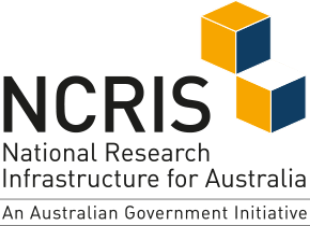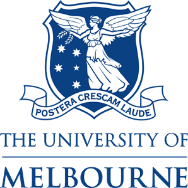Space + Astrophysics
Our accelerators allow users to explore fundamental questions about the origin and structure of our universe. Researchers explore how elements form in stars, unravel the mysteries of supernova explosions, and continue the quest to detect elusive dark matter.
We also test Australian-built satellite components to ensure they will work in the harsh radiation environment found in space.
Services
Our accelerators allow research and industry users to address fundamental questions about the structure of the galaxy and the universe.
Measure rare isotopes
Analyse radioactive isotopes from supernovae in deep-sea sediments and ice cores. Our AMS is the most sensitive in the world for measuring Iron-60, which only exists on Earth if it comes from a supernova.
Understand element formation
Understand the formation of elements heavier than iron in supernovae and neutron stars.
Test components for space
Test the impact of space radiation on satellite components using our Irradiation Beamline, including solar cells, new radiation-shielding materials, and developing space radiation sensors.
More information >
Build experimental instruments
Develop and test dark matter detectors.
NATIONAL AND INDUSTRY BENEFITS
We are at the leading edge of global heavy ion-based research as our instruments are the most sensitive in the world. We attract and train the best in the field and collaborate with other major research institutions on internationally recognised issues in astrophysics, putting Australia at the forefront of understanding how the universe works and our place in it.
We provide Australia with a sovereign capability for understanding the effects of space radiation, and to design, build and test Australian space equipment to withstand it. We are proud to be a founding member of the National Space Qualification Network (NSQN), a national network of research and industry partners supporting Australia’s growing space industry.


